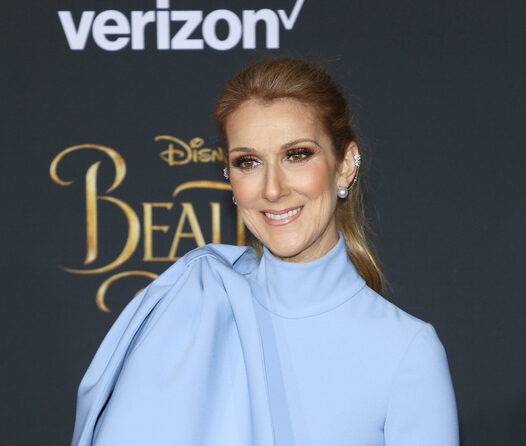The 2024 election campaign trail recently experienced a new controversy involving the renowned ballad “My Heart Will Go On” by Celine Dion. At a rally in Bozeman, Montana, former President Donald Trump showcased a video of Dion performing her popular song, which is famously associated with the 1997 movie “Titanic.” This decision drew criticism from Dion’s team, who were not informed that her music would be used at the event.
Expressing their discontent, Dion’s management and Sony Music Entertainment Canada, her record label, quickly released a statement after the rally. They revealed their recent discovery of the unauthorized use of Dion’s video, recording, and likeness performing “My Heart Will Go On” at the campaign rally for Trump and JD Vance in Montana. The statement ended with an inquiry into the choice of that particular song.
The selection of “My Heart Will Go On” for a political rally is noteworthy given its association with the Titanic’s sinking, a connection not overlooked by observers. A social media user remarked that it seemed appropriate for a campaign seemingly headed for disaster to have a corresponding soundtrack. Another questioned if the choice of song was an intentional joke, speculating if someone within the campaign was possibly ridiculing it.
This event has refocused attention on the wider issue of political campaigns using popular music without the artist’s approval. Dion is not the first musician to protest against Trump’s use of their songs at his rallies. Over time, artists like The Rolling Stones, Adele, Neil Young, and Aerosmith’s Steven Tyler, have also asked for their music to be excluded from Trump’s events. Despite these protests, the Trump campaign has persisted in using music from various artists, often resulting in public disagreements.
Legal specialists state that political campaigns must acquire a public performance license to use copyrighted music at events. These licenses are usually issued by organizations such as Broadcast Music Inc. or the American Society of Composers, Authors and Publishers. Although many venues have inclusive licensing agreements that permit them to play a wide variety of music, the specific use of an artist’s work in a political context can cause more controversy, particularly when the artist does not endorse the candidate.
In Dion’s case, the issue extends beyond copyright to her image and reputation. The Trump campaign’s usage of a video displaying Dion performing “My Heart Will Go On” could have incorrectly implied that she was in support of the candidate, a suggestion her team promptly denied. They emphasized that the use was unauthorized and that Dion did not support or endorse it in any manner.
Notably, this incident occurred just as Dion had made a high-profile return to the stage following a lengthy hiatus due to health issues. Merely two weeks before, she had surprised fans with a performance at the Paris Olympics’ opening ceremony, her first since 2020. The singer, who announced in 2022 that she had been diagnosed with stiff-person syndrome, has mostly kept a low profile in recent years, making her return all the more significant.
It’s unlikely that the unauthorized use of Dion’s music will deter Trump from continuing to use popular songs at his rallies. His campaign is well-known for its diverse playlist, which ranges from patriotic anthems to musical theater numbers. However, the recurring disputes with artists over the use of their music prompt questions about the campaign’s strategy and the potential legal and reputational risks.
As the 2024 presidential race intensifies, it is yet to be seen whether Trump’s team will respect the objections of artists like Dion or maintain their current approach to using music at political events. One thing is clear at this point: Celine Dion’s heart will not go on with Trump’s campaign.











